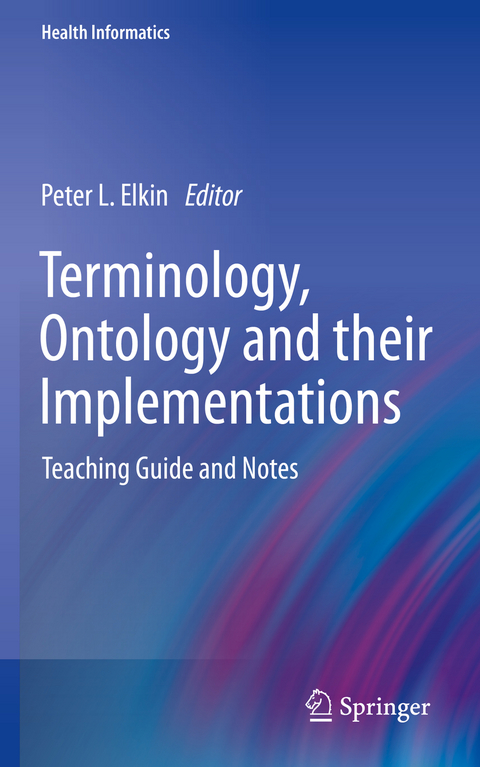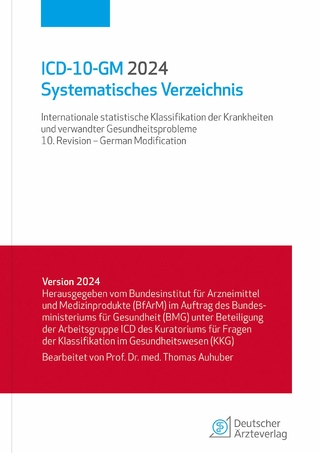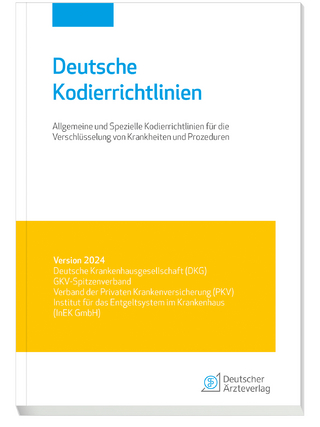
Terminology, Ontology and their Implementations
Springer International Publishing (Verlag)
978-3-031-11301-7 (ISBN)
This set of teaching notes provides extensive guidance for educators related to its sister title and contains numerous tools and questions to help educators provide didactics and evaluation of students in this essential area of biomedical informatics. This is needed to understand the central topics of ontology, terminology and terminological systems in healthcare. Twenty-five years ago the notion that ontology would be essential to knowledge representation in healthcare was all but unknown. Almost all important terminologies and many ontologies are now in wide use and are growing in importance. With no general model of what a ontology and terminology should be, there are an increasing number of tools to support ontology / terminology development, implementation and maintenance. Steady progress since then has improved both ontology / terminology content and the technology and processes used to sustain that content.
Terminology, Ontology and theirImplementations: Teaching Guide and Notes provides extensive teaching materials to accompany Terminology, Ontology and their Implementations . It provides further definition of the topic and explains the use of reference terminologies needed to use them safely. It contains questions and explanations from each section of the textbook, making it easier to use the text in teaching Health Informatics students. The authors also provide supplementary information about the questions, their relevance and their relation to other concepts. This book augments Terminology, Ontology and their Implementations by assisting the understanding of terminology services and the architecture for terminological servers, and consequently serves as an essential tool for educators in their efforts to teach students in their study of health informatics.
Dr. Elkin serves as UB Distinguished Professor and Chair of the UB Department of Biomedical Informatics. He is also a Professor of Medicine at the University at Buffalo. Dr. Peter L. Elkin has served as a tenured Professor of Medicine at the Mount Sinai School of Medicine. In this capacity he was the Center Director of Biomedical Informatics, Vice-Chairman of the Department of Internal Medicine and the Vice-President of Mount Sinai hospital for Biomedical and Translational Informatics. Dr. Elkin has published over 200 peer reviewed publications and book chapters. He received his Bachelors of Science from Union College and his M.D. from New York Medical College. He did his Internal Medicine residency at the Lahey Clinic and his NIH/NLM sponsored fellowship in Medical Informatics at Harvard Medical School and the Massachusetts General Hospital. Dr. Elkin has been working in Biomedical Informatics since 1981 and has been actively researching health data representation since 1987. He is the primary author of the American National Standards Institute’s (ANSI) national standard on Quality Indicators for Controlled Health Vocabularies ASTM E2087, which has also been approved by ISO TC 215 as a Technical Specification (TS17117). He has chaired Health and Human Service’s HITSP Technical Committee on Population Health. Dr. Elkin served as the co-chair of the AHIC Transition Planning Group. Dr. Elkin is a Master of the American College of Physicians and a Fellow of the American College of Medical Informatics. Dr. Elkin chairs the International Medical Informatics Associations Working Group on Human Factors Engineering for Health Informatics. Dr. Elkin is the Editor of the Springer Informatics Textbook, Terminology and Terminological Systems. He was awarded the Mayo Department of Medicine’s Laureate Award for 2005. Dr. Elkin is the index recipient of the Homer R. Warner award for outstanding contribution to the field of Medical Informatics. He has been elected as a Fellow of the International Academy of Health Sciences Informatics. He is a member of the ABPM Clinical Informatics Sub-Board and has been elected Co-Chair of the NCATS CTSA Informatics Enterprise Committee. He also is the president elect of the Jacobs School’s Faculty Council for 2022-3.
Introduction.- History of Terminology and Ontology.- Knowledge Representation and the Logical Basis of Ontology.- Theoretical Foundations of Terminology.- Terminology Requirements and Standards Development.- Terminology Design.- Maintenance.- Quality Control.- Realism Based Ontology.- What is an ontology?.- Ontology vs. terminology.- Ontology vs. taxonomy.- Ontologies and databases.- Ontology and the Semantic Web.- Ontology in biomedical informatics.- Bad ontologies.- The concept orientation.- Why ontologies so often fail.- Recipes for success.- Examples of successful ontologies and of how they are being used.- The place of Referent Tracking in Biomedical Informatics.- Introduction: what is Referent Tracking (RT)? How does it relate to ontology? What does it aim to achieve? Why does it matter?.- Basic principles: how RT is build on top of three important distinctions made in realism-based ontology: particulars types, continuants occurrents, referents references.- Syntax and semantics of RT-expressions.- RT as a development tool for ontologies.- Using RT to detect and prevent flaws in scientific research and ambiguities and inconsistencies in reports and papers.- RT as a solution for semantic interoperability.- Werner Ceusters.- Bioontology in Service of Translational Science.- Introduction to Bioontologies and the OBO Foundry.- The Gene Ontology.- Overview of GO Content and Structure.- GO annotation.- Term Enrichment/Pathway Analysis.- Success Stories.- Challenges.- Bioontologies and Data Annotation Systems.- ImmPort/HIPC.- Kidney Precision Medicine Project.- GEO and Array Express.- Disease and Phenotype Annotation for Translational Studies.- Use of Ontologies at Mouse Genome Informatics.- HPO and the Monarch Project.- Compositionality: An Implementation Guide.- Interface Terminologies.- SNOMED CT.- RxNorm and NDF-RT and ATC codes.- LOINC.- SOLOR.- ICD.- CPT.- HCC Codes / Risk Adjustment and MACRA / MIPS.- DRGs.- NCI EVS.- Nursing Terminologies.- RED / MED.- UMLS Metathesauras and knowledge sources.- Terminological Systems.- HL7 FHIR and APIs.- Lessons Learned and Suggested Research Agenda.- The future of coding and coding systems.- Conclusion.
| Erscheinungsdatum | 12.11.2022 |
|---|---|
| Reihe/Serie | Health Informatics |
| Zusatzinfo | IX, 72 p. |
| Verlagsort | Cham |
| Sprache | englisch |
| Maße | 155 x 235 mm |
| Gewicht | 141 g |
| Themenwelt | Informatik ► Weitere Themen ► Bioinformatik |
| Medizin / Pharmazie | |
| Naturwissenschaften ► Biologie ► Genetik / Molekularbiologie | |
| Technik ► Medizintechnik | |
| Schlagworte | Biontology • Gene Ontology • Health Informatics • Methesaurus • SNOMED CT • Terminology |
| ISBN-10 | 3-031-11301-2 / 3031113012 |
| ISBN-13 | 978-3-031-11301-7 / 9783031113017 |
| Zustand | Neuware |
| Haben Sie eine Frage zum Produkt? |
aus dem Bereich


